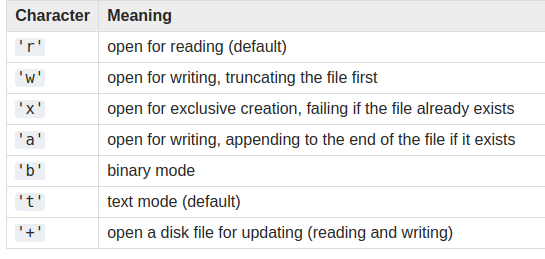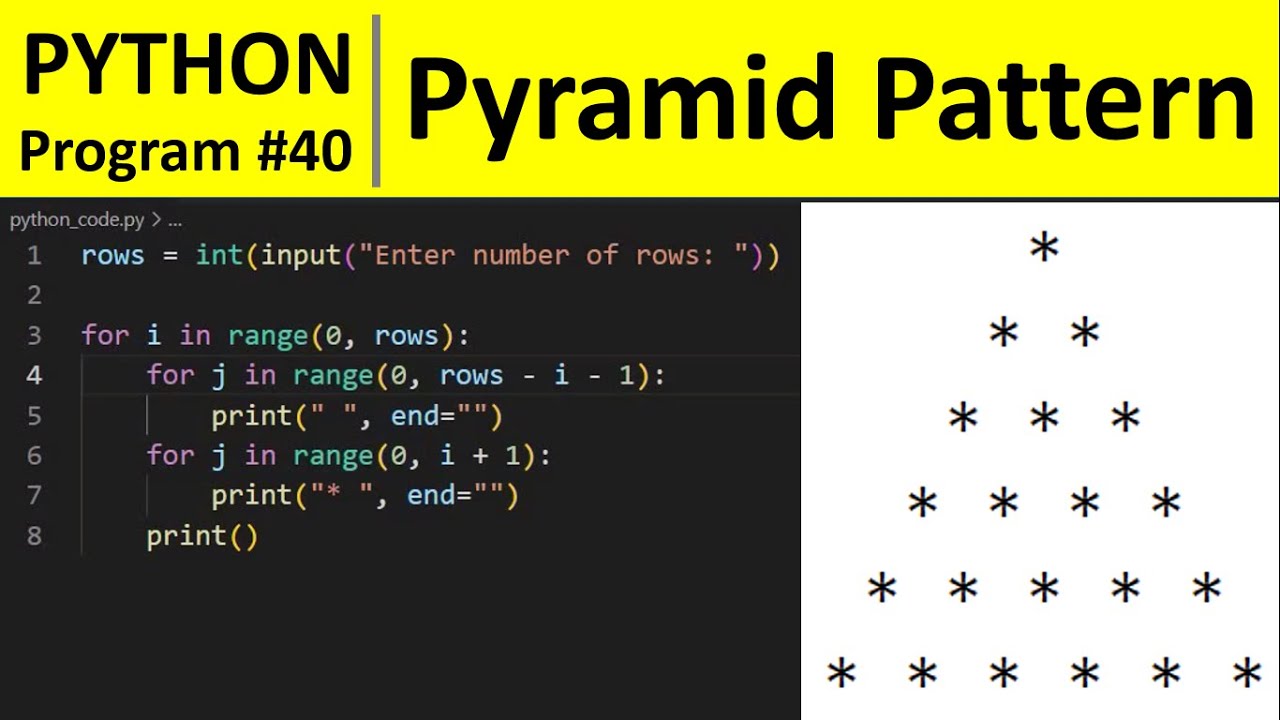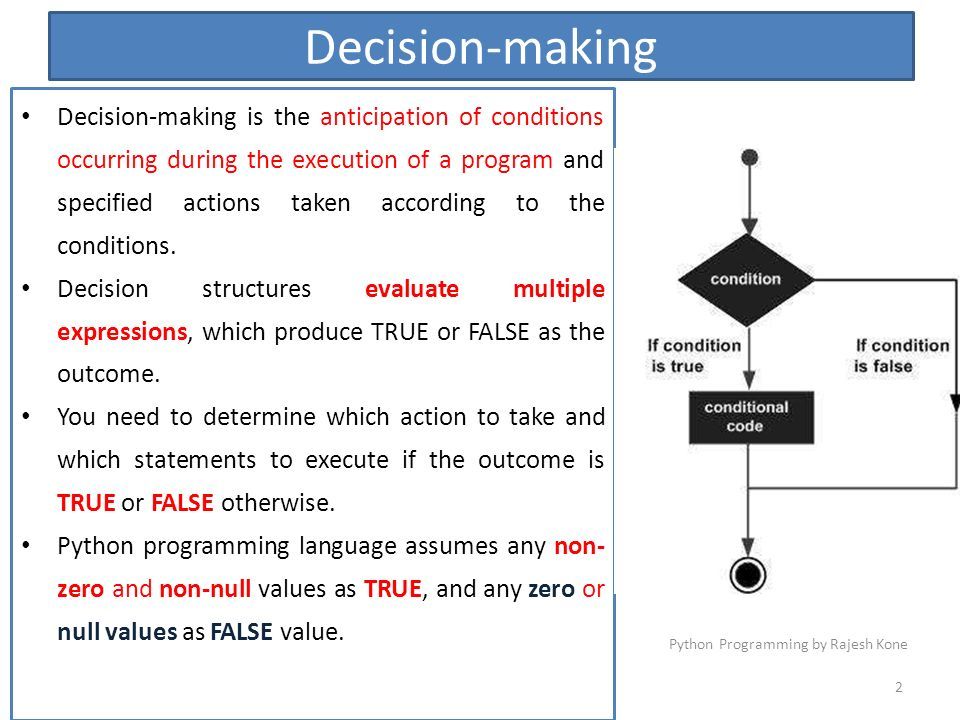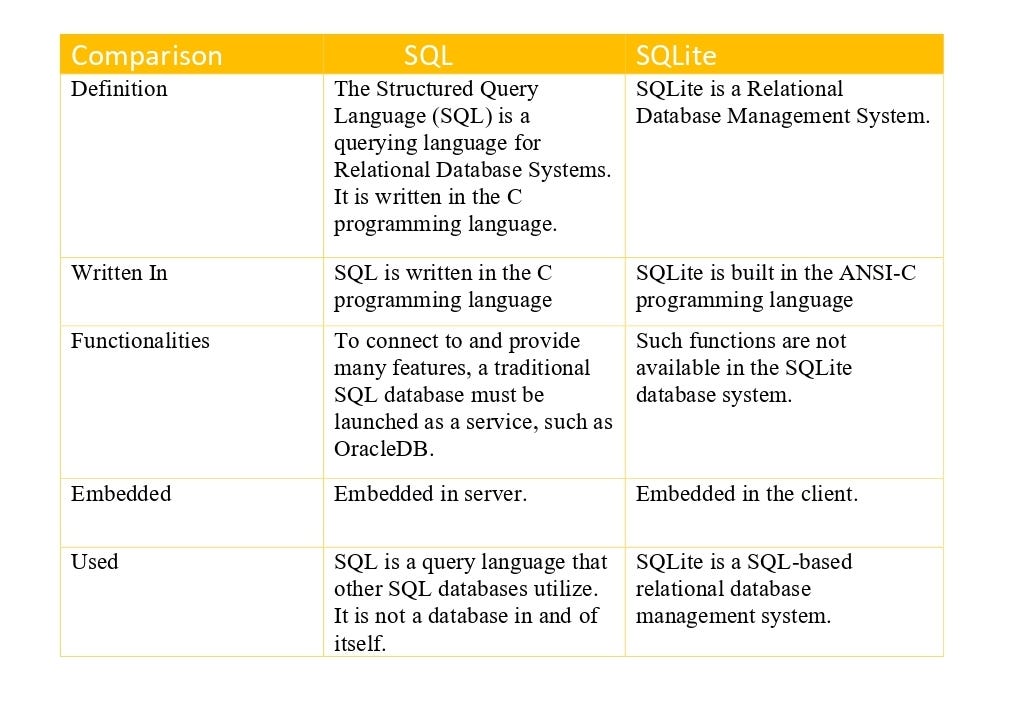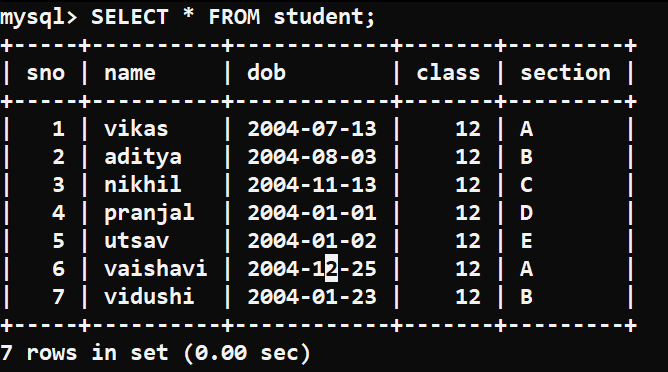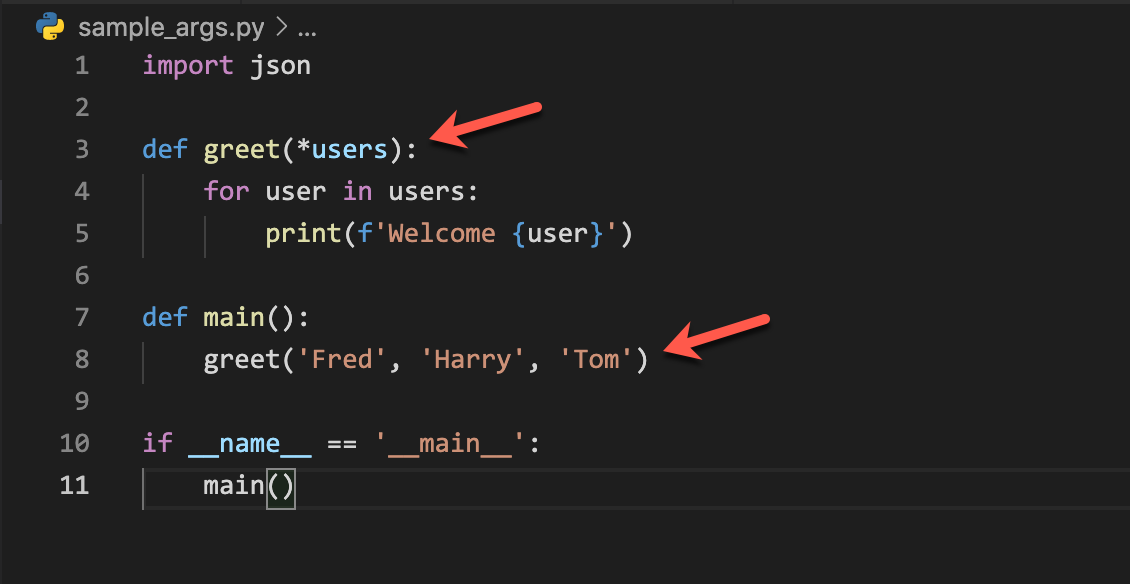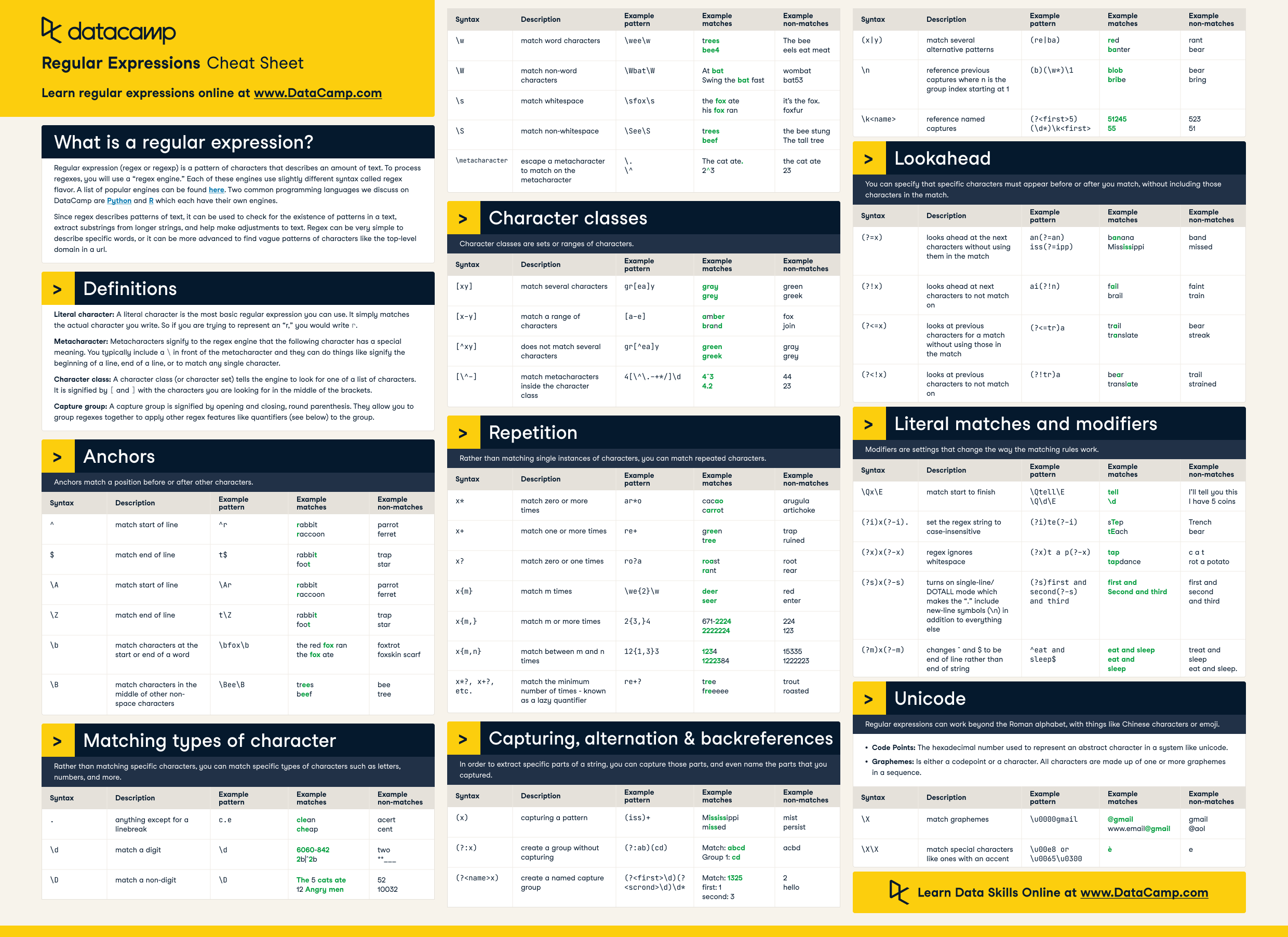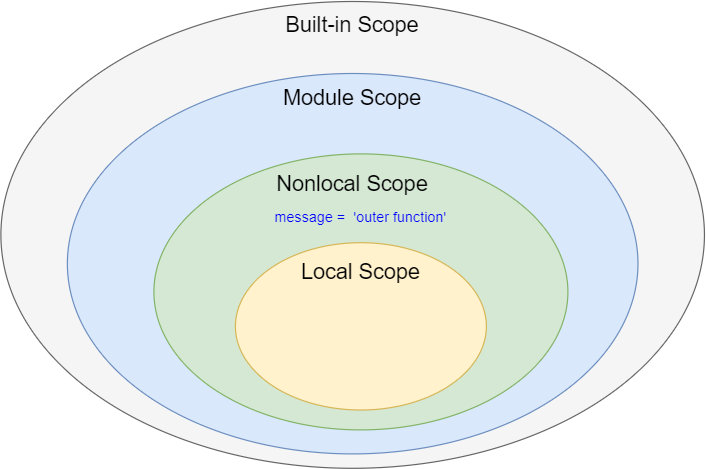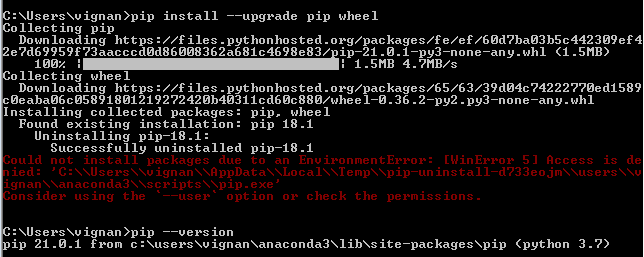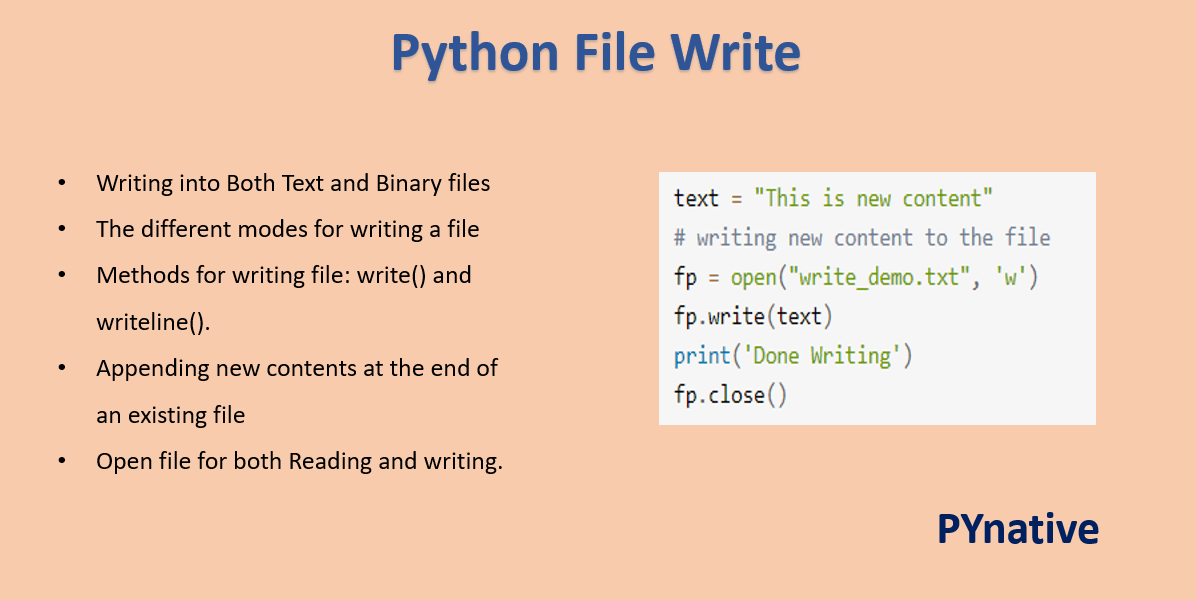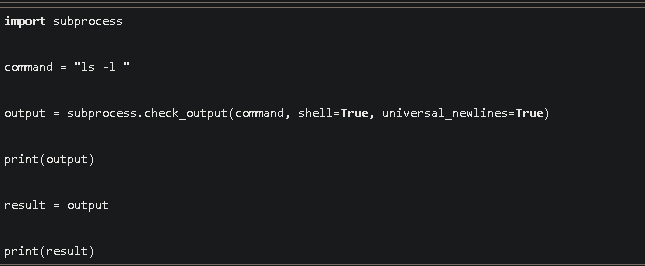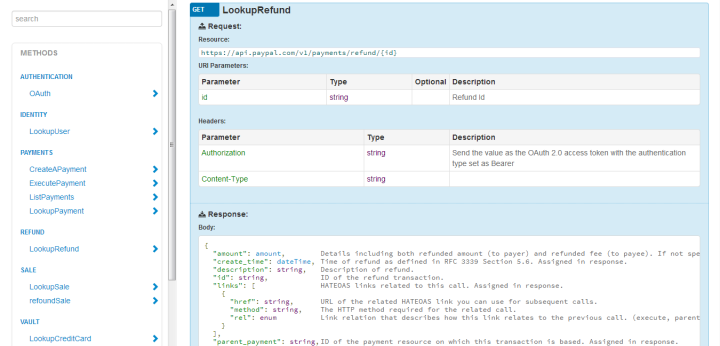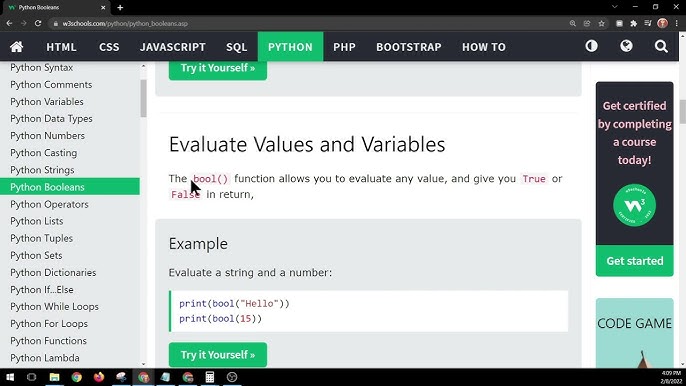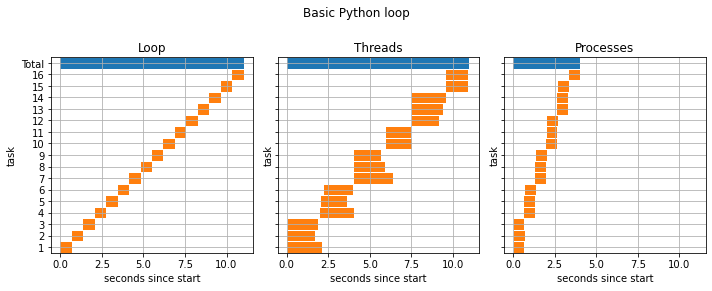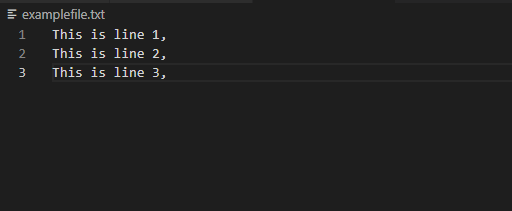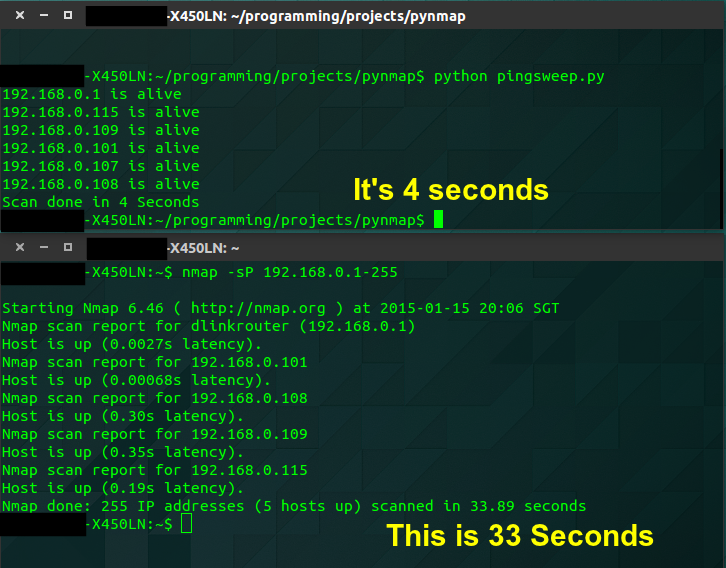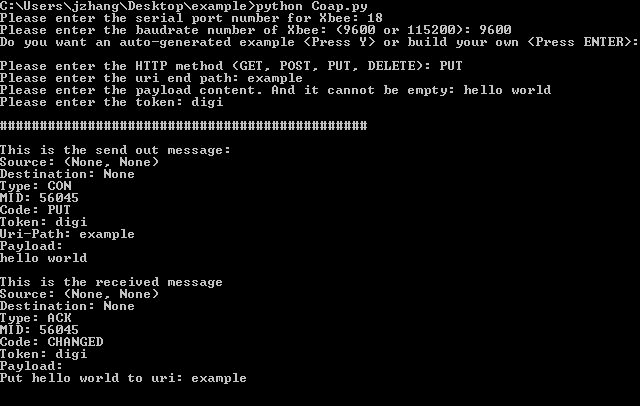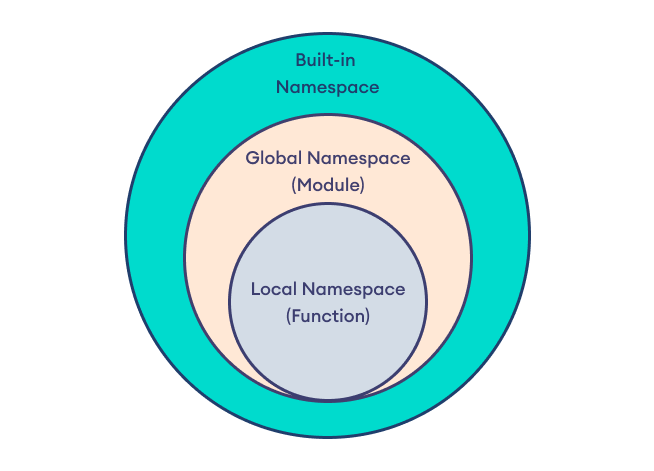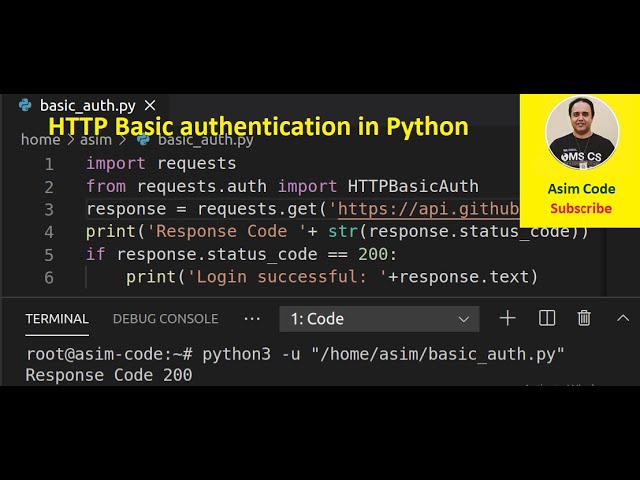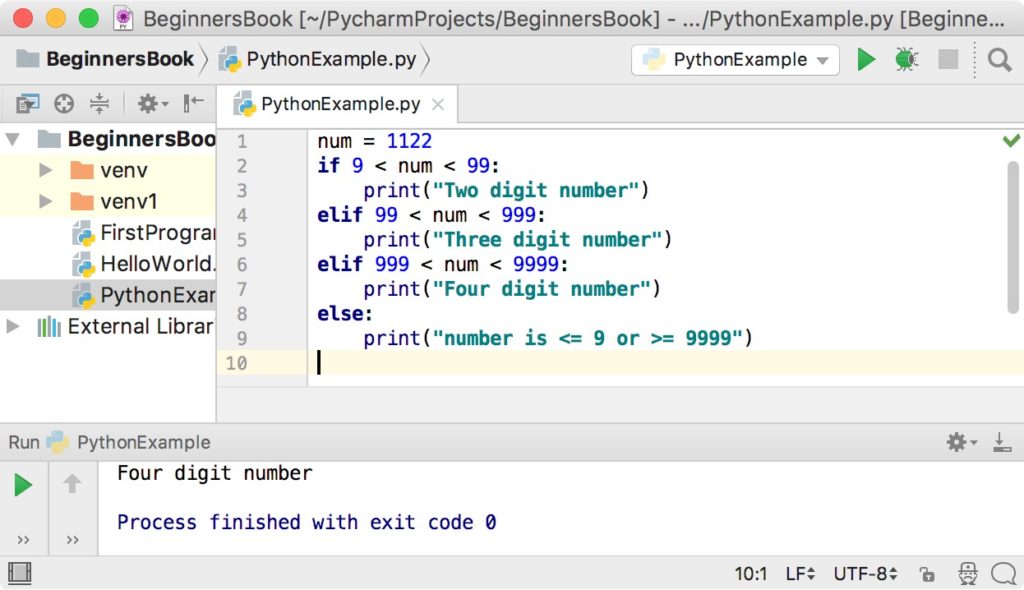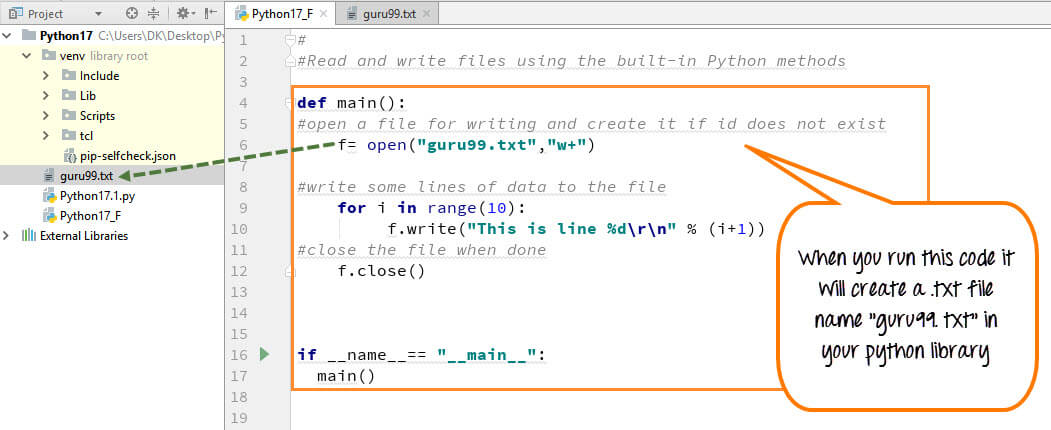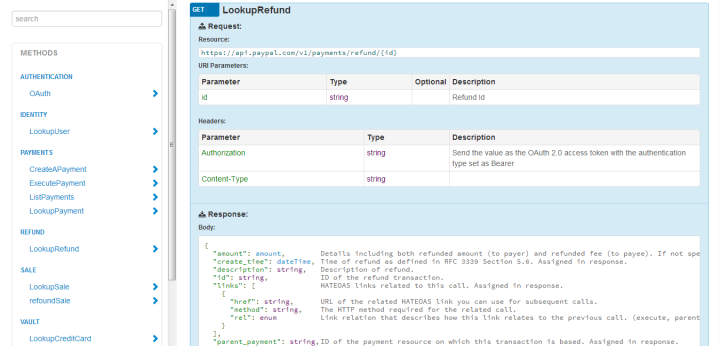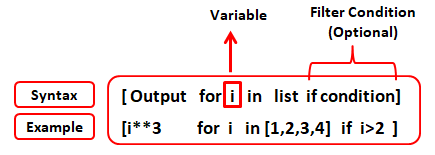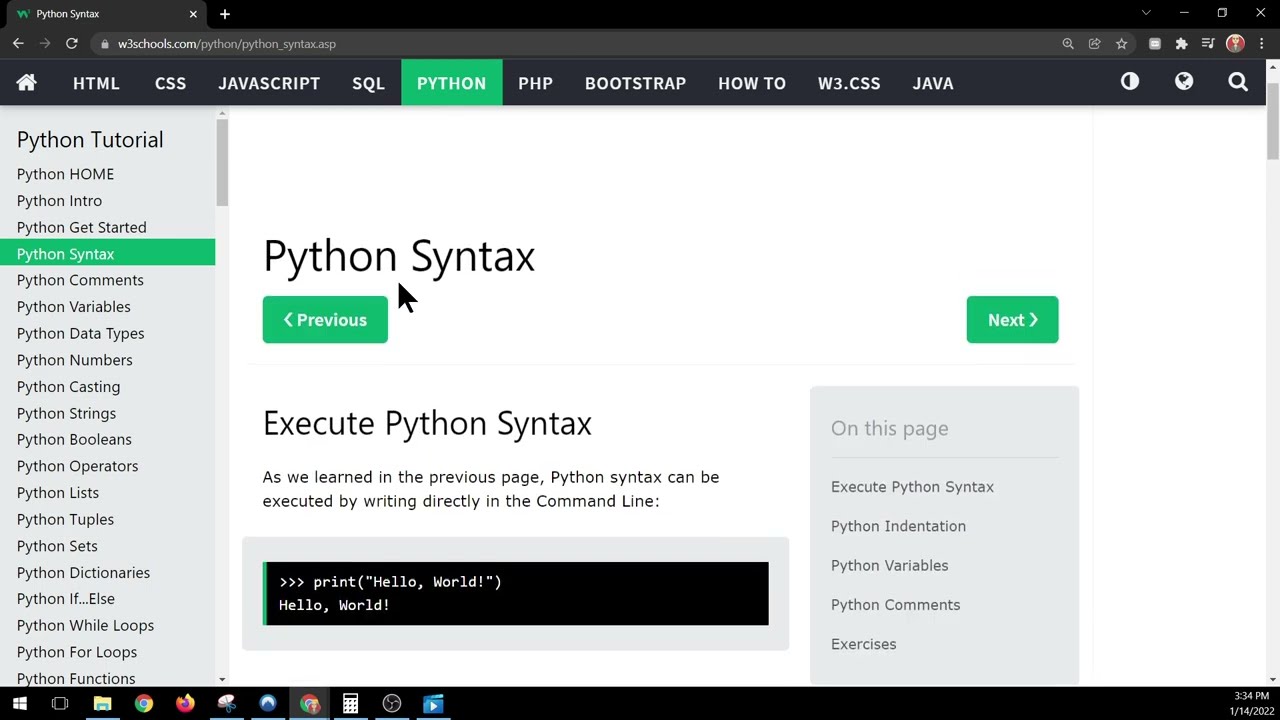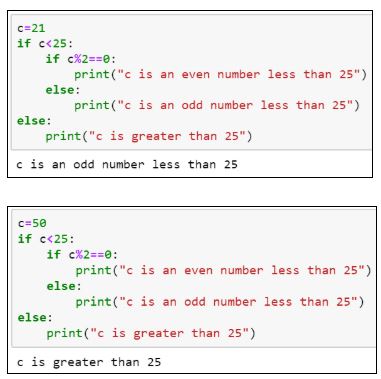Scope of variables in python example
Scope of variables in python example
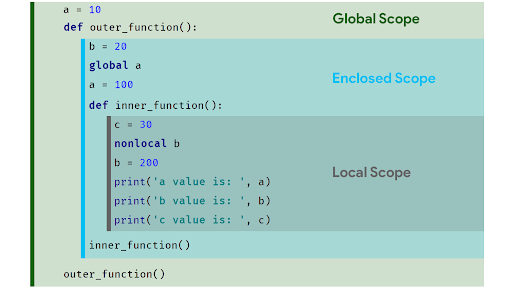
I'd be happy to explain the scope of variables in Python!
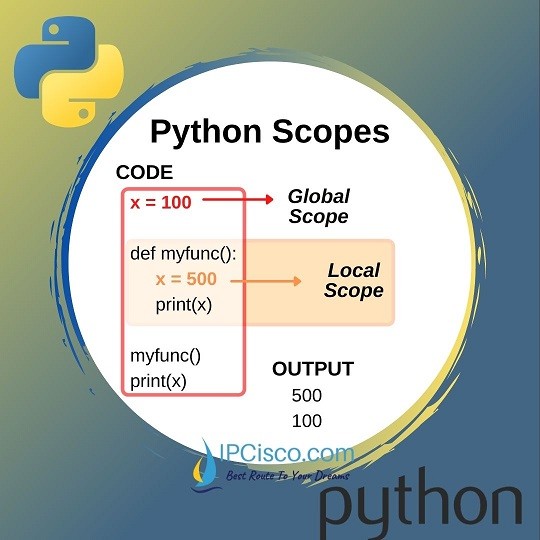
What is variable scope?
In programming, scope refers to the region of code where a variable can be accessed and used. In other words, it's the area within which a variable is valid or has meaning. The scope of a variable determines when and how its value can be changed, referenced, or used.
Local Scope (also known as Block-Scope Variables)
In Python, local variables are created inside a block of code (such as a function, loop, or conditional statement). These variables have the following characteristics:
Limited accessibility: Local variables can only be accessed within their own block. They are not accessible outside that block. Lifetime: The lifetime of a local variable is tied to its block's execution. When the block finishes executing, the variable ceases to exist.Example:
def my_function():x = 10 # local variable x
my_function()
print(x) # NameError: name 'x' is not defined
In this example, x is a local variable within the function. It's not accessible outside that function, so attempting to print it raises a NameError.
Global Scope (also known as Global Variables)
Global variables are created outside of any block of code and can be accessed from anywhere within the program. Here are some key characteristics:
Wide accessibility: Global variables can be accessed from any part of your code. Lifetime: The lifetime of a global variable is the duration of the program's execution.Example:
x = 10 # global variable xdef my_function():
print(x) # prints 10, because it's a global variable
my_function()
print(x) # also prints 10, still a global variable
In this example, x is a global variable that can be accessed from anywhere in the code.
Enclosing Scope (also known as Outer Scope)
When you have nested functions or conditional statements, there's an enclosing scope concept. This refers to the outermost block that contains the inner block where the variable is defined. The enclosing scope's variables are accessible within the inner block:
Example:
def outer_function():x = 10 # global variable
def inner_function():
print(x) # prints 10, because it's an enclosing scope variable
inner_function()
outer_function()
In this example, inner_function has access to the x variable defined in the outer_function.
Scope Rules
Here are some key rules to keep in mind when working with variables in Python:
Local variables take precedence: If there's a local variable with the same name as a global or enclosing scope variable, the local one will be used instead. Global variables can be modified: You can assign a new value to a global variable from within any block of code. Variables are created when assigned: Variables don't exist until they're assigned a value.In summary, Python has three scopes: local (block-scope), global, and enclosing (outer scope). Understanding these scopes is crucial for effective programming and avoiding unexpected behavior.
What is the scope of variables in Python?
The scope of a variable in Python refers to the region of the code where it can be accessed and modified. In other words, it defines the visibility and lifetime of a variable within a program.
Python has two primary types of scopes: global scope and local scope.
Global Scope:
A variable with a global scope is defined outside any function or block, typically at the top level of your Python script. Global variables can be accessed from anywhere in your code, and their values are retained even when functions finish executing.
Here's an example:
x = 10 # global variabledef print_x():
print(x)
print_x() # outputs: 10
In this example, the variable x is defined globally. The function print_x() can access and modify its value from anywhere in the code.
Local Scope:
A variable with a local scope is defined within a function or block (like if, for, while, etc.). Local variables are only accessible within their respective blocks, and their values are discarded when the function finishes executing.
Here's an example:
def add_five(x):y = x + 5 # local variable
print(y) # Error: y is not defined
In this example, the variable y is a local variable within the add_five() function. It can only be accessed within that function; attempting to access it outside will result in an error.
Scope Rules:
When Python encounters a variable name, it follows these rules to determine its scope:
Local: Look for a local variable with the same name. If found, use its value. Enclosing scope: If no local variable is found, look for a variable with the same name in an enclosing scope (e.g., parent function or block). Global: If no enclosing scope variable is found, look for a global variable with the same name.Here's an example illustrating these rules:
x = 10 # global variabledef outer():
x = 20 # local variable in outer function
def inner():
print(x) # prints: 20 (local variable in inner function)
inner()
print(x) # prints: 20 (enclosing scope variable, outer function)
outer()
print(x) # prints: 10 (global variable)
In this example:
The global variablex has the value 10. The outer() function defines a local variable x with the value 20. The inner() function is defined within outer(). It accesses and prints the local variable x (value 20). When outer() finishes executing, its local variables are discarded. The enclosing scope variable (also named x) still has a value of 20. Finally, when we access the global variable x, it still retains its original value of 10.
Scope and Assignment:
When assigning a new value to a variable, Python follows the same scope rules as before:
Local: Look for a local variable with the same name. If found, update its value. Enclosing scope: If no local variable is found, look for a variable with the same name in an enclosing scope and update its value. Global: If no enclosing scope variable is found, create a new global variable.Here's an example:
x = 10 # global variabledef update_x():
x = 20 # local variable in update_x function
print(x) # prints: 20
update_x()
print(x) # prints: 10 (global variable, not updated)
In this example:
The global variablex has the value 10. The update_x() function defines a local variable x with the value 20 and updates its value within that function. When we access the global variable x, its value remains 10, as the assignment in update_x() only affected the local variable.
Understanding scope is crucial for writing effective Python code. By mastering these rules, you'll be better equipped to manage your program's variables and avoid potential errors.
